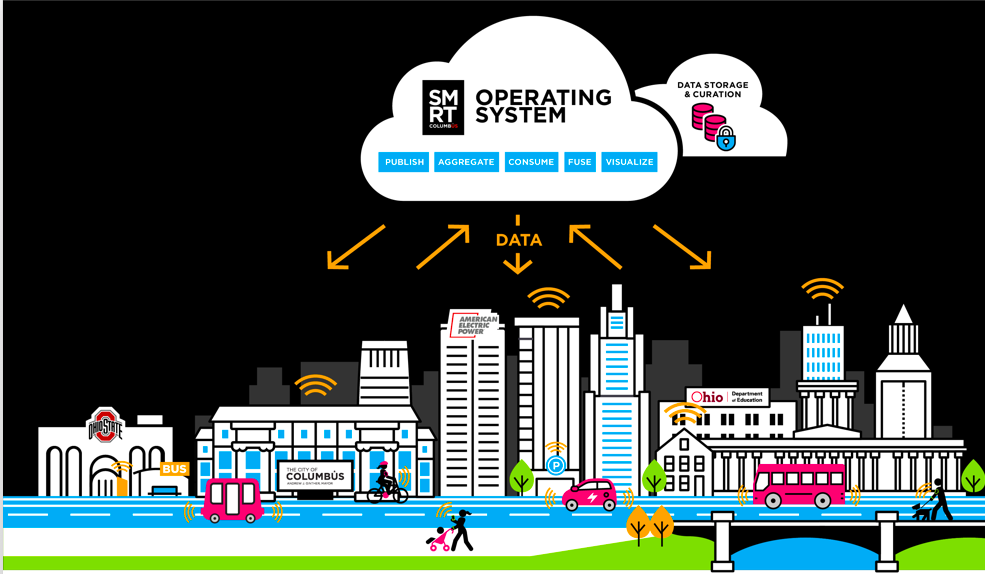Smart Mobility Hubs
Webinar: Understanding Smart Mobility Hubs
Smart Columbus Operating System
EssentialsoftheSmartColumbusOperatingSystem

July 7th, 2025
Stay Informed!
Fill out this form to sign up for the Smart Columbus newsletter and stay up to date!
